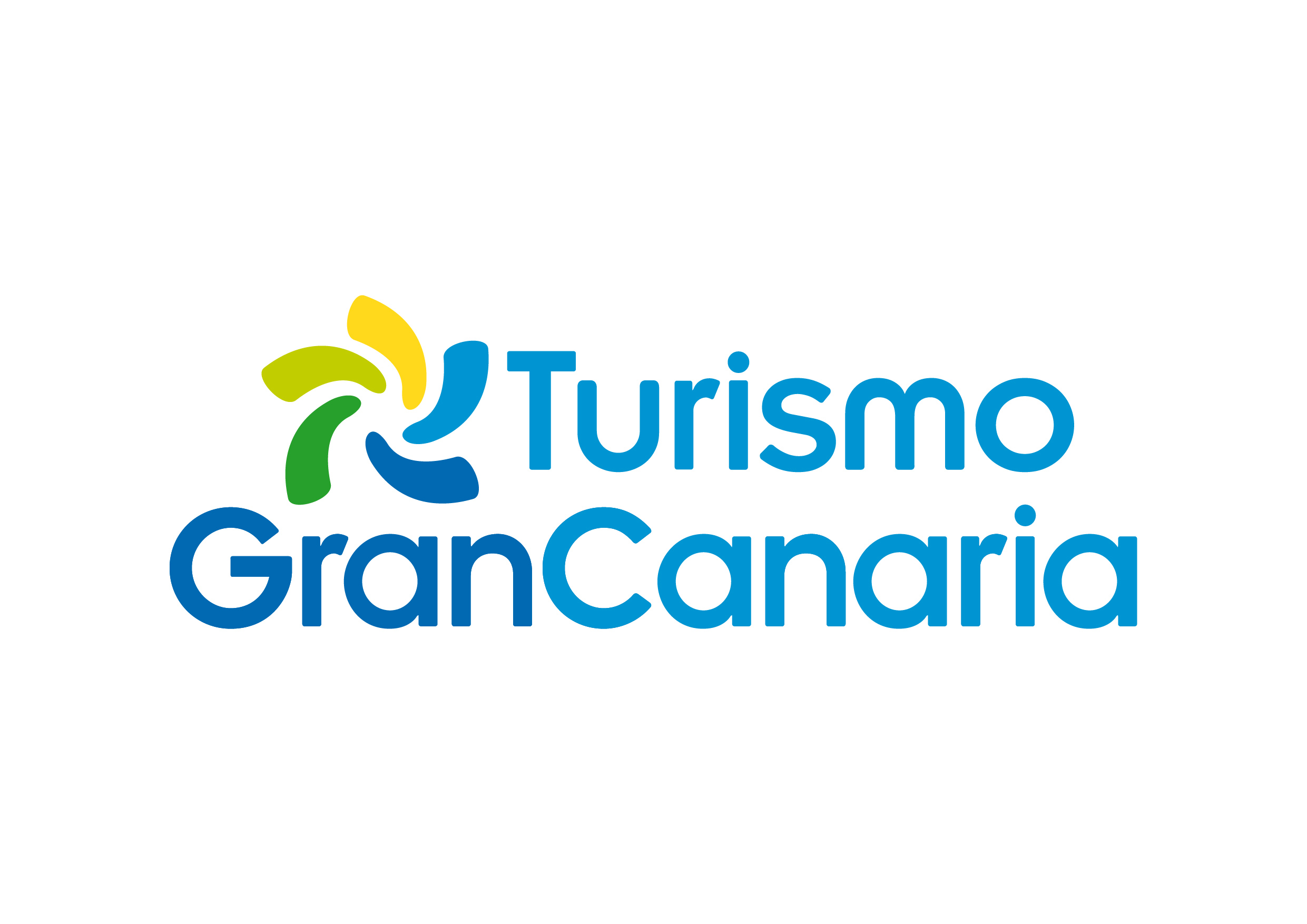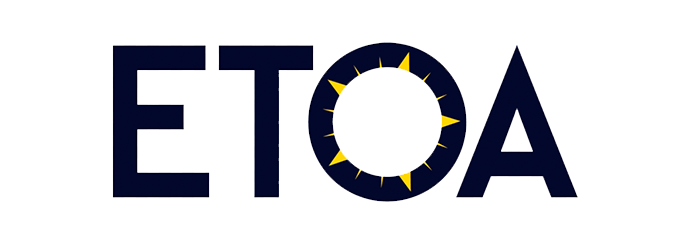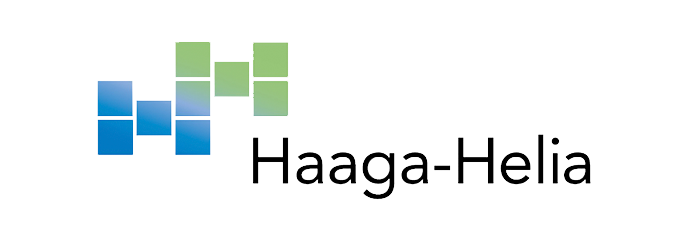The University of Las Palmas de Gran Canaria (ULPGC) brings together a modern approach and decades of international experience. The ULPGC is recognized as a Campus of International Excellence, and a leading university in e-learning by the Spanish Ministry of Education. It is worth noting that The University of Las Palmas de Gran Canaria is affiliate member of United Nations World Tourism Organization UNWTO. It also develops an intense work in the field of development cooperation, with the achievement of five UNESCO Chairs. Furthermore, the University of Las Palmas de Gran Canaria belongs the UNWTO International Network of Sustainable Tourism Observatories (INSTO) through the observatory of the Canary Islands. INSTO is a network of tourism observatories monitoring the economic, environmental and social impact of tourism at the destination level. The initiative is based on UNWTO’s long-standing commitment to the sustainable and resilient growth of the sector through measurement and monitoring, supporting the evidence-based management of tourism. This network of 31 observatories (15 in Asia Pacific) allows access to a specialized network in the region. It also has scientific and technological parks (PCT) that dynamize the transfer of R+D+I results to the communities in the area, as well as for the creation of technology-based enterprises. The ULPGC integrates 161 research groups and 9 University Institutes, which carry out an important research activity and lead 300 research and innovation projects.
The University of Las Palmas de Gran Canaria holds the 1st and only UNESCO Chair in Tourism Planning and Sustainable Development (PTyDS). In consonance with UNESCO’s priorities and its strategic Programs, the Objectives and Goals of Sustainable Development (ODS, UN), as well as with the cooperation of other UNITWIN Chairs and Networks, the UNESCO Chair in Tourism and Sustainable Economic Development at ULPGC, aims to cooperate with the social, economic, environmental and cultural development involved in sustainable tourism, particularly in local communities in developing countries.
The UNESCO chair in Tourism and Sustainable Economic Development arises after 25 years of experience holding the UNESCO Chair in Tourism Planning and Sustainable Development at the University of Las Palmas de Gran Canaria, operational since the creation of the Program in May 1991. Now, over 25 years, we understood the necessity of its adaptation and relaunch, honouring the effort and outstanding dedication of hundreds of professors, researchers and support staff of the ULPGC and its partners, which have permitted very important achievements during these years of work. We strengthen the commitment and effort of the university community, civil society organizations and people involved, in accordance with UNESCO’s values, in order to link global communities in the areas of education, science, culture and communication, approaching the aspects of relationship between people and the environment, for a sustainable development of tourism, which has a directimpact on the social and economic welfare of populations.
The University Institute of Sustainable Tourism and Economic Development (TIDES) is an international leader research center in Tourism & Hospitality, whose mission is to develop highly competitive research, conduct innovative projects, form part of leading international research networks and promote the transfer of knowledge to tourism sector, academia and society. TIDES brings together the expertise and leadership of the University of Las Palmas de Gran Canaria (ULPGC) in the tourism field with top professionals from tourism global brands and destinations, creating thought-provoking dialogue and driving the science and best practice of tourism sector forward.
About its mission, the Institute has an international focus and is a multi-disciplinarian entity for research, innovation and coordination that provides a place for the exchange of expertise in the tourism, economics, environment and in general, sustainable development sectors, generating benefits and solutions for socioeconomic progress at a local, regional and global level.
The Tides Institute is truly aligned with Sustainable Development Goals, as they are in the DNA of our center. In fact, it holds the 1st and only UNESCO Chair in Tourism Planning and Sustainable Development (PTyDS) of the University of Las Palmas, which is focus on the contribution of tourism to generate economic and social welfare for destination societies, by considering the preservation of natural, social, cultural and historical values of the societies involved, as well as the participation and implication of the same in the planning and growth process. Moreover, it leads climate change transformation with a project, Soclimpact, funded by the European Union to help policy makers to deal with impact chains and cost-benefit analysis of potential strategies.
Tides researchers have accumulated a great experience in working with destinations and communities for developing innovative environmental and cultural products, developing skills in the local communities for a better future, creating new jobs and transforming tourism. The research team is cited in the most prestigious international research journals and the institution occupies a very competitive position at national, European and worldwide levels in the most important ranking tables in the Tourism & Hospitality field. Particularly, University of Las Palmas is ranked 1st of the European Union on the Shanghai Ranking’s 2019 in Hospitality & Tourism Management and Tides Institute has contributed to the University of Las Palmas becoming Spain’s, Europe’s and Ibero-America’s leading University in Hospitality & Tourism Management research.
During the last 6 years Tides researchers have published more than 60 papers in top ranked journals and have successfully completed around 70 international cooperation projects, which have linked tourism and sustainable development as a transversal axis. The main European funded research programs are POCTEFEX, MAC and H2020 from the EU.
More than 70 multidisciplinary researchers and professionals organised into 6 specialised divisions contribute with their dedication, experience and knowledge to the leadership of the institute.
Divisions:
Training and Development Cooperation.
The objectives of this division are as follows: i) contribute to the strengthening and excellence of higher education in tourism in developing countries; ii) contribute to the improvement of tourism management in developing countries; iii) promote the role of tourism as an active agent of poverty mitigation; iv) develop the participation of Tides in networks of academic excellence, specifically oriented towards empowering the role of tourism in the mitigation of poverty, such as the network PRO-POOR TOURISM and v) to stimulate the role of tourism in the rural territories and communities, by combining the conservation of culture and traditional habitats with an improvement in living conditions of the local populations.
Laboratory of Design and Innovation for Tourism
The aim is to become a world leading research center specialised in the behaviour of the different agents that form part of the tourism sector (tourists, companies in the sector, public sector), thus making the process of national and international research in tourism and sustainable development related sciences more effective and promoting the dissemination and permanent review of expertise. Our aim is to also provide innovative solutions to problems that require the study of human behaviour and decisions to contribute to the development of the tourism sector by taking into consideration the sustainability of the industry and of the host societies in different places in the world.
Quantitative Methods and Statistical Analysis
This division is formed by a group of interdisciplinary researchers all of whom have ample experience and have made significant contributions to the quantitative techniques applied to the area of Economics and Business. The unit has, as a general objective, the quantitative modelling of tourism and of sustainable economic development, aiming to cover the widest spectrum of statistical and operative research techniques to this end.
Territorial Strategy for Tourism
The most recent contributions to this division cover tourism in general, but more specifically so, the reconversion of obsolete tourism areas, both from the functional and morphological aspects of the urbanisation itself, as well as the technological innovation of the different accommodation options. The resources for these studies come from the Government Authorities (Council for Tourism and Transport, the Tourism Board of Gran Canaria, Consortium for the Renovation of the tourism areas of the South of Gran Canaria…) and in some cases, from the Kingdom of Morocco, as has been with the case of Agadir.
Business and Tourism Management
The areas covered by this division among others are i) the process of externalization of activities, ii) the integrated management systems for Quality and Environment iii) the development of scales for measuring client satisfaction iv) strategic management of information resources. Our short- and medium-term objectives are i) consolidate the division of business and management by establishing close collaboration with the rest of the division for the development of research projects, ii) actively participate in the development and delivery of the future post graduate programs offered by Tides and iii) transfer our knowledge to the society and in particular to the business people and groups involved in the tourism industry.
Marketing and Tourism Development.
This division undertakes its activities in two main areas: Tourism Marketing and Tourism Development. The division is currently working on the application of neuromarketing techniques in the tourism industry, with special emphasis on the digital environment and the analysis of the tourist experience. Its application is also focused on sustainability (social, economic and environmental), image, well-being and security, understanding the entire process of the tourist’s journey and its relationship with the destination.





